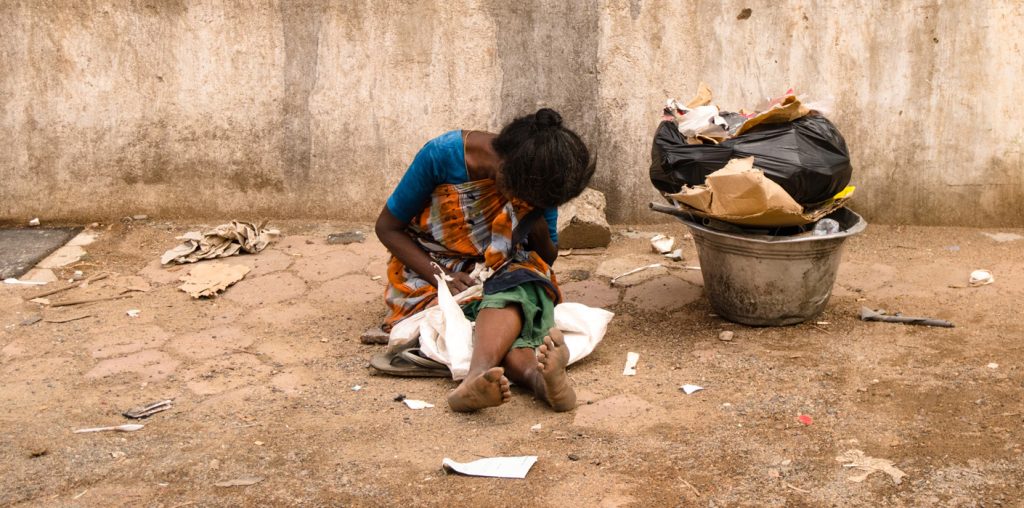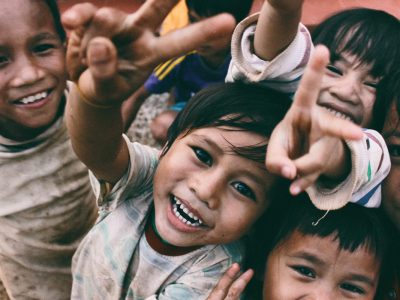Emergency Response
Mozambique
Women for Women International
Faced with severe climatic constraints, small farmers in Myanmar’s Dry Zone adopt tried-and-tested agricultural techniques to fight erosion, and improve water and soil conservation. One of these farmers, U Win Bo, tells us his story.

U Win Bo lives in Nyaung Pin Thar, a village in the Sagaing region, Myanmar. He is a farmer, but his hard work on two hectares of degraded land was not enough to properly support a family of eight. In 2012, he joined GRET’s programme Rain, land and livelihood in the Dry Zone of Myanmar and was trained in soil conservation and fertilisation techniques.
Thanks to his savings and micro-funds, he carefully applied the project recommendations, by digging trenches and erecting wind breakers and dykes. One year later, U Win Bo started noticing a vegetated area at the end of his field. Three years later, he realised that this same area remained damp during the dry season and he decided to dig a well there. Four metres down, he noticed that the water was rising almost to ground level, and realised that the changes he had made to his land enabled the regeneration of the groundwater table. Tests conducted with GRET’s experts showed that the quality of the water was good for crops.
In 2016, U Win Bo and his family planted 1,200 tomato plants, irrigating them with the water from the well. Three months later, at the end of October, the family harvested 1,600 kilos of tomatoes, generating income of 300,000 MMK, i.e. approximately 200 euros. This sum was all the more important as cultivation generally stops in October, a financially difficult time for farmers in the region.
« For my family and I, the water in the well turned into gold!».
And that’s not all. U Win Bo invested the profits made from selling the harvest in high-value crops, such as chilli. With support from GRET, he is now planning to maintain these soil conservation and fertilisation techniques.
Overall, 5,000 farmers are involved in the programme which targets 75 villages in 6 townships in the Northern part of the Dry Zone, amounting to a population of 13,250.



